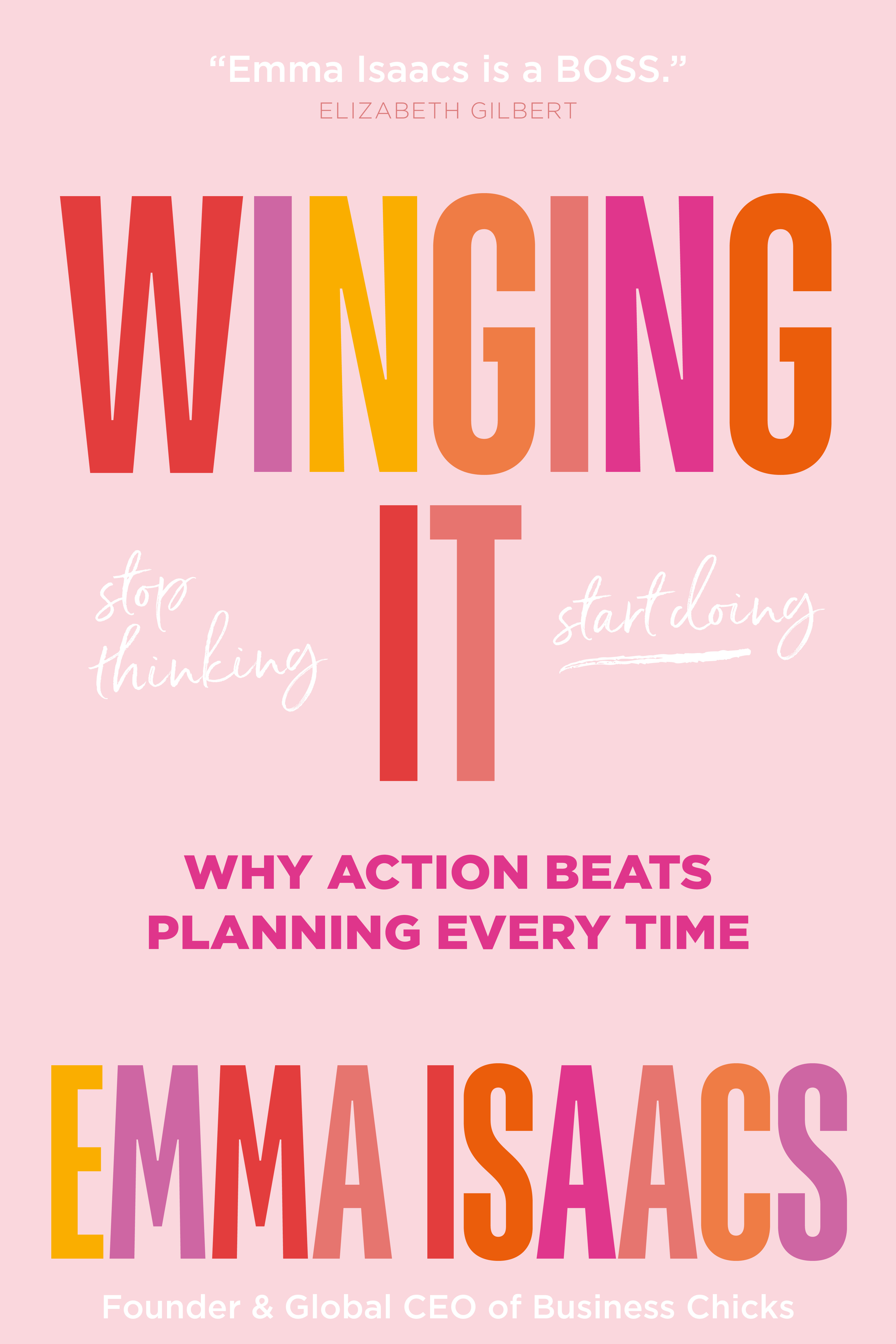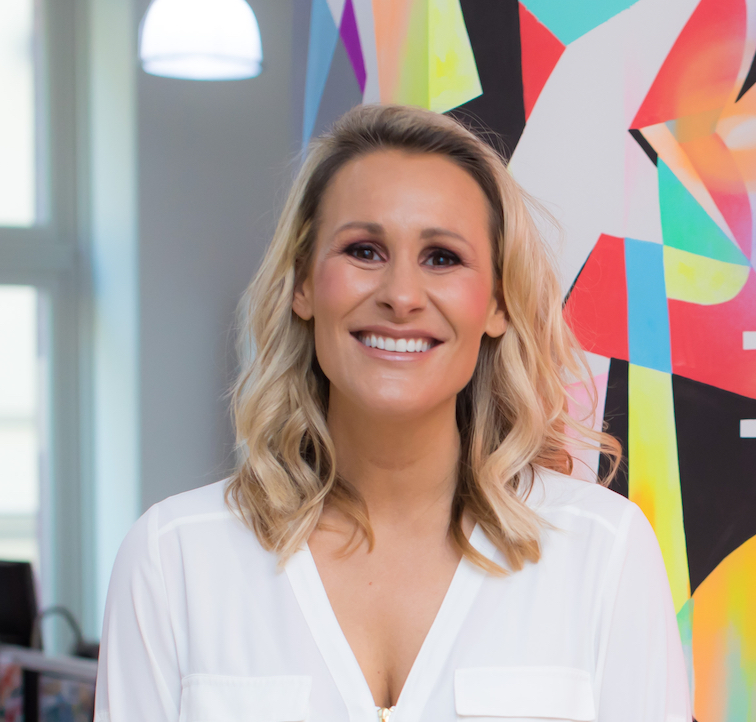Someone once said to me, “Emma, if you were any calmer, you’d be dead,” which I immediately took as a compliment. Calmness can be a superpower, but here’s the thing: I reckon anyone can master it. Over the years, I’ve practiced reacting calmly to any and all situations, and now being calm is just second nature to me.
It was a big deal for us to sign our very first major sponsor with one of Australia’s largest banks in the early days of building my company, Business Chicks. I can hand-on-heart say that I gave that partnership my all. I referred countless clients to them, flew to their headquarters almost weekly for progress meetings, and bent over backward whenever they needed it. I was so grateful for their support, but I also knew we were giving them a ton of value for the investment they were making.
After three years, there was a changing of the guard at the bank, with a new manager stepping in to run the partnership. Like many new relationships, this one was a little rocky at first. The new manager didn’t really understand Business Chicks yet, nor did he understand the value we brought or the work we’d previously executed. Nevertheless, he assured us that the partnership would carry on just as it always had, which was encouraging, as the contract was coming to an end in a few months’ time.
We threw ourselves into that new relationship, and it really felt as though we were progressing by leaps and bounds. The new manager kept assuring us that women were important to the bank and that the sponsorship was a long-term play for them. Before we knew it, the day had come for the new contract to be executed. I was all set to fly in to their city to sign the documents, but on the Thursday night before our meeting, the manager texted me to say they weren’t re-signing.
In the few minutes that followed, I swore a lot. Cushions were thrown. Wine was poured. However, once the initial shock had worn off and my rage had subsided, I sprang into action, canceling my flights and masterminding our next move. That same night, we got in touch with a different bank, one that was desperate to work with us, and scheduled lunch with them the next day. By 4:00 p.m. on the following Monday, we were sitting on the nineteenth floor of their office tower, signing a bigger and more meaningful contract than the previous partnership. As it turned out, women were important to this bank too.
Life throws curveballs at us all the time. A valued staff member will leave. An accounting error will cost a bucketload. You’ll lose a client, or a competitor will copy your idea. You’ll be laid off. An illness will come out of nowhere.
We have a saying around our office that is so embedded in our culture that it’s even written into all our job descriptions. We call it “pragmatic, not dramatic.” It basically means that when faced with a challenge (or a mini-panic), you should take a deep breath, do your best to exercise ease and grace, and get into solution-making mode as quickly as you can, rather than catastrophizing.
Here are some examples for you.
A DRAMATIC PERSON thinks the worst and immediately jumps to all the things that could further go wrong.
A PRAGMATIC PERSON gets into action and finds solutions with an even temperament and positive outlook.
A DRAMATIC PERSON talks behind people’s backs and stimulates rumors. They love to talk for the sake of having their voice heard and probably have a “woe is me” mentality.
A PRAGMATIC PERSON has honest conversations with their peers and colleagues and asks for help when it’s needed.
A DRAMATIC PERSON apportions blame to others and gets stuck in victimhood.
A PRAGMATIC PERSON will take accountability for whatever part they had to play in the situation, but won’t dwell on it. They’ll focus on solutions instead of pointing the finger at others.
A DRAMATIC PERSON overthinks any feedback they receive.
A PRAGMATIC PERSON listens to others’ feedback and takes it on board with a levelheaded approach, always trying to see the world from another person’s viewpoint.
Faced with being either of these people in a moment of pressure, I know which one I’d rather be. How about you?
S***t happens, and it happens to all of us. At the risk of sounding like a Hallmark card, every problem has a solution, and most problems present huge opportunities even though they totally suck at the time.
The trick is to take the emotion out of your challenges and not seek unnecessary attention or sympathy.
Recovering from failure is all about fighting the instinct to retreat back into your comfort zone. I could have very easily become a victim and played the blame game that night, but whenever I get knocked down, I always use that failure to fuel my next move. Yep, I may swear on occasion, drink a glass of wine (or vodka, if the situation calls for it), and throw stuff around the house, but you’ll never see me open a pack of Reese’s and collapse on the sofa in defeat. I’m all about getting my head right as quickly as possible and then dreaming up ways to achieve a goal that is even more ambitious than the one I just failed at.
As leaders (and we all have the opportunity to be leaders, no matter what our role or status), our people look to us to set the tone. They look to us for guidance on how they should respond and act. While we might not always remember it, our people are always looking to us and, perhaps subconsciously, evaluating and learning from the way we conduct ourselves. A pragmatic, fair, and positive leader will always trump a leader who wants to create drama where there’s really no space for it in the workplace.
You’ll see your culture shift when you lead the way on being pragmatic and not dramatic. Removing the drama helps you focus on solutions and puts you back in control.



